Well – these Water Protectors are not going away – #NoDAPL #MNIWISCONI #Waterislife are now being covered on NBC, MSNBC, PBS – the New York Times, even…. just not the Boston Globe! See story with photos, below. I believe those who have gathered in Standing Rock will remember this time for the rest of their lives.
Standing Rock Sioux Takes Pipeline Fight to UN Human Rights Council in Geneva
by Daniel A. Medina
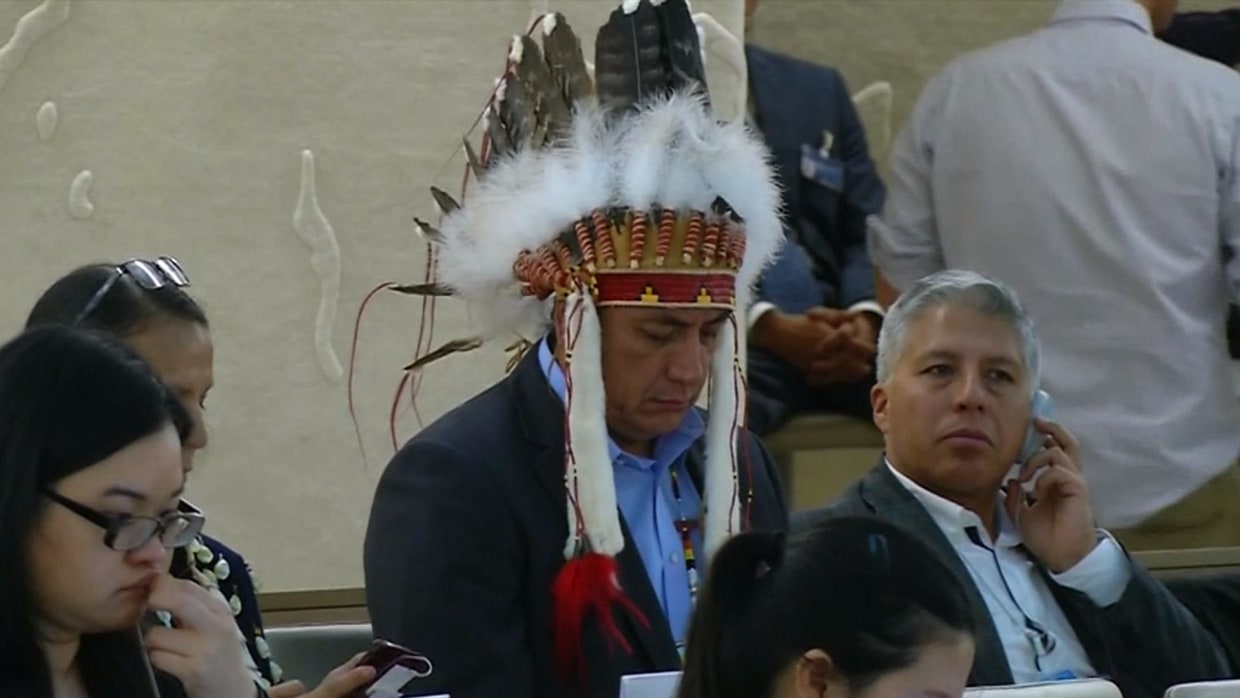
The Standing Rock Sioux Tribe took its fight to stop construction of the controversial Dakota Access Pipeline to the United Nations Human Rights Council in Geneva, Switzerland, on Tuesday in a bid to gather international opposition to the project.
Standing Rock Chairman Dave Archambault II addressed the 49-member Council in a brief two-minute testimony where he called “upon all parties to stop the construction of the Dakota Access Pipeline.”
Archambault said the U.S. government had failed to abide by signed treaties with the tribe — referring to the 1851 Treaty of Traverse de Sioux and 1868 Treaty of Fort Laramie, two legally-binding treaties ratified by the U.S. Senate that recognize the Sioux’s national sovereignty.
“The oil companies and the government of the United States have failed to respect our sovereign rights,” Archambault said.
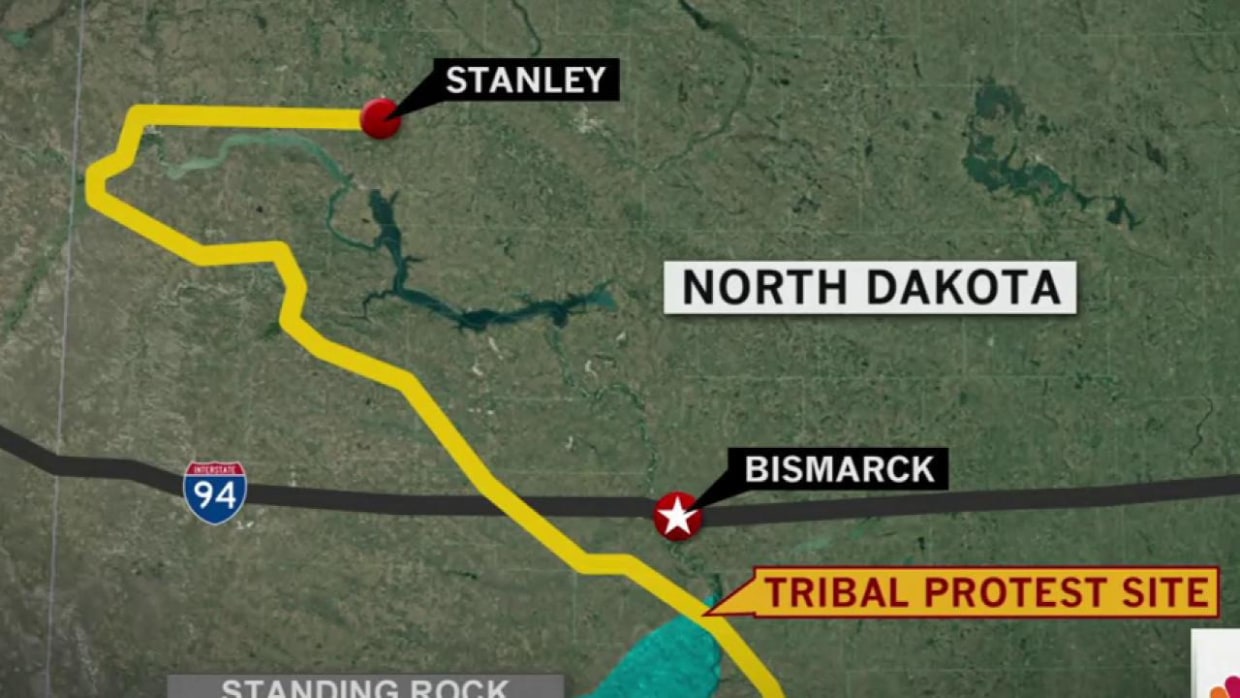
The chairman spoke as part of a United Nations Human Rights Council hearing on indigenous rights that featured more than three dozen tribes from around the world concerned with infringement on their lands by corporations and governments.
“I am here because oil companies are causing the deliberate destruction of our sacred places and burials,” said Archambault. “Dakota Access Pipeline wants to build an oil pipeline under the river that is the source of our nation’s drinking water.”
Related: Pipeline Company Says Contamination Fears ‘Unfounded’
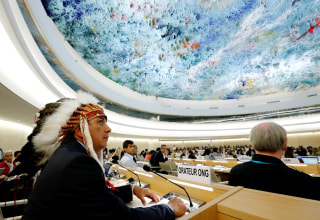
In Geneva, Archambault and other tribe representatives met with two UN ambassadors — including Keith Harper, the U.S. representative to the U.N. Human Rights Council — and experts on indigenous rights.
Archambault also formally invited Victoria Tauli-Corpuz, the U.N,’s Special Rapporteur on the Rights of Indigenous Peoples, to visit Standing Rock — a visit that would require approval from the Obama administration.
The Dakota Access Pipeline, which is already more than half completed, is a massive $3.7 billion project that would transport 470,000 barrels of oil a day across four states from the oil fields in Stanley, North Dakota, near the Canadian border, to Patoka in southern Illinois, where it would link with other existing pipelines.
Related: Judge Denies Request to Halt Pipeline, But Government Steps In
Members of the Standing Rock Sioux Tribe see the pipeline as an environmental and cultural threat to their homeland. They say an oil spill would permanently contaminate the reservation’s water supply and that construction of the pipeline would destroy lands where many of their ancestors are buried.
The project is financed by the Dallas-based Energy Transfer Partners, which claims it will bring millions of dollars into local economies and create an estimated 8,000 to 12,000 construction jobs.
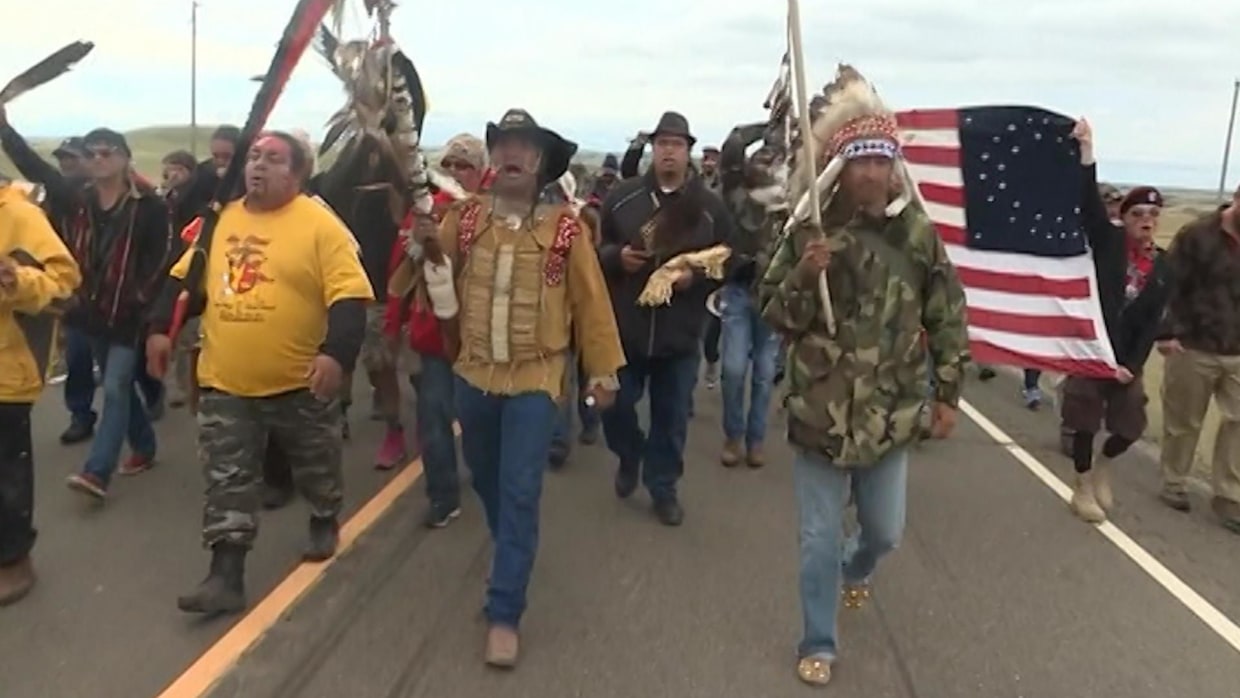
Archambault told the Council that the standoff at Standing Rock had galvanized support for his people. For weeks, thousands have protested at the site of the proposed pipeline at Cannon Ball, North Dakota, just a half mile from the Standing Rock reservation — which straddles the North and South Dakota border — making it a hot-button issue in the Native American community in particular.
The protests have also opened a wider national debate on corporations’ ability to encroach on Native American lands. Those there call themselves protectors, not protesters.
“Thousands have gathered peacefully in Standing Rock in solidarity against the pipeline,” Archambault said to the Council. “We stand in peace but have been met with violence.
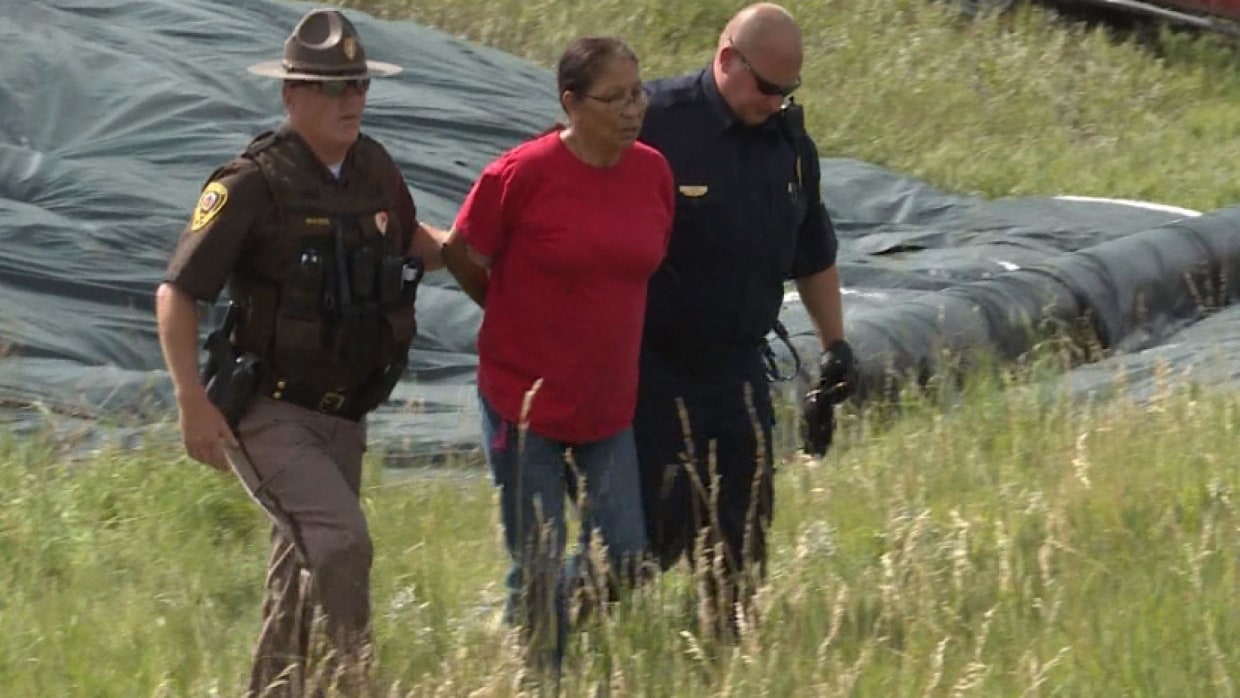
The protests forced a halt in construction last month after the tribe sued the U.S. Army Corps of Engineers, which has jurisdiction over the land, arguing that it did not adequately consult with them before granting Energy Transfer Partners fast track approval in July. The Army Corps of Engineers said it did not oppose the suspension.
On Sept. 9, U.S. District Judge James Boasberg in Washington, D.C. denied the Standing Rock Sioux Tribe’s request for a temporary injunction in a one-page ruling.
But federal authorities only hours later quickly announced they would not allow work on the Dakota Access Pipeline to proceed on federal land near or under Lake Oahe — which borders the reservation — pending more reviews of previous environmental decisions.
On Sept. 16, a federal appeals court ruled to officially halt the construction of the Dakota Access Pipeline that traverses Sioux land to give the court more time as it assessed concerns that the pipeline could destroy sacred sites and burial grounds.
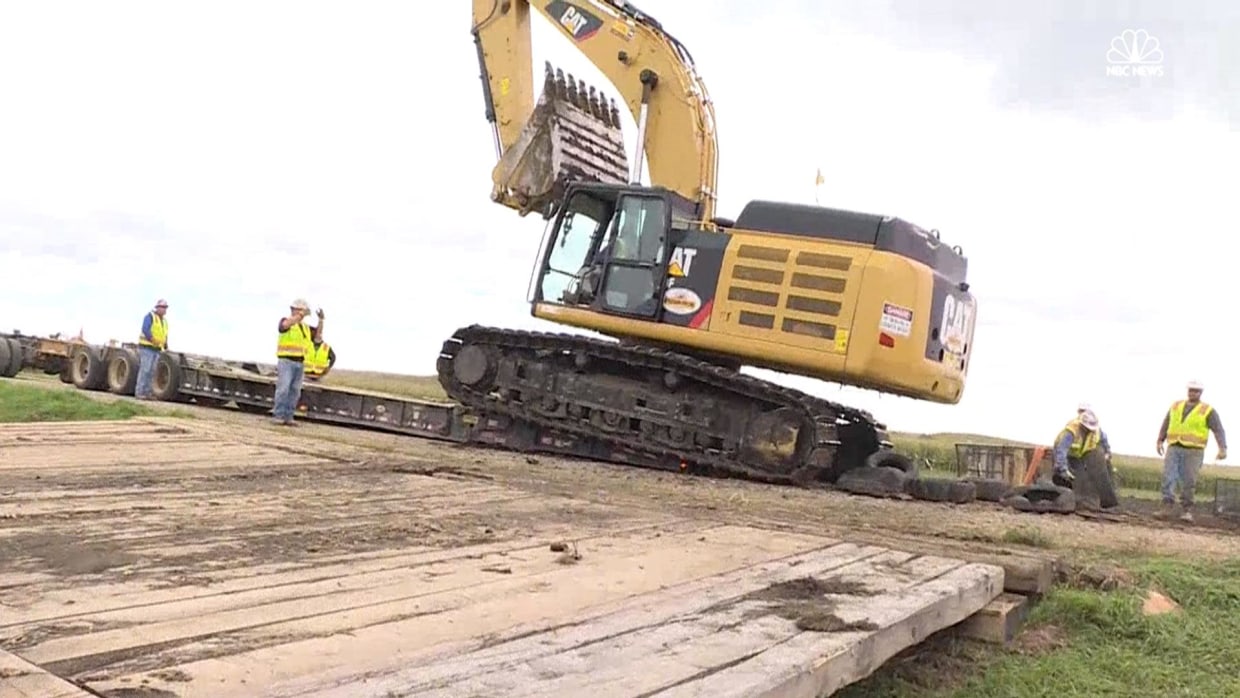
Archambault told NBC News that the trip to Geneva was facilitated by the Indian Law Resource Center, a U.S.-based non-governmental organization that has consultative status at the Council. He said the opportunity to address the world’s leading human rights body was “a historic moment” for the tribe.
“There was solidarity,” Archambault told NBC News. “To see tribes here from all over the world who are having the same experiences where large corporations are infringing on their land, on their rights — it was powerful to see that we aren’t
alone in our struggle.”